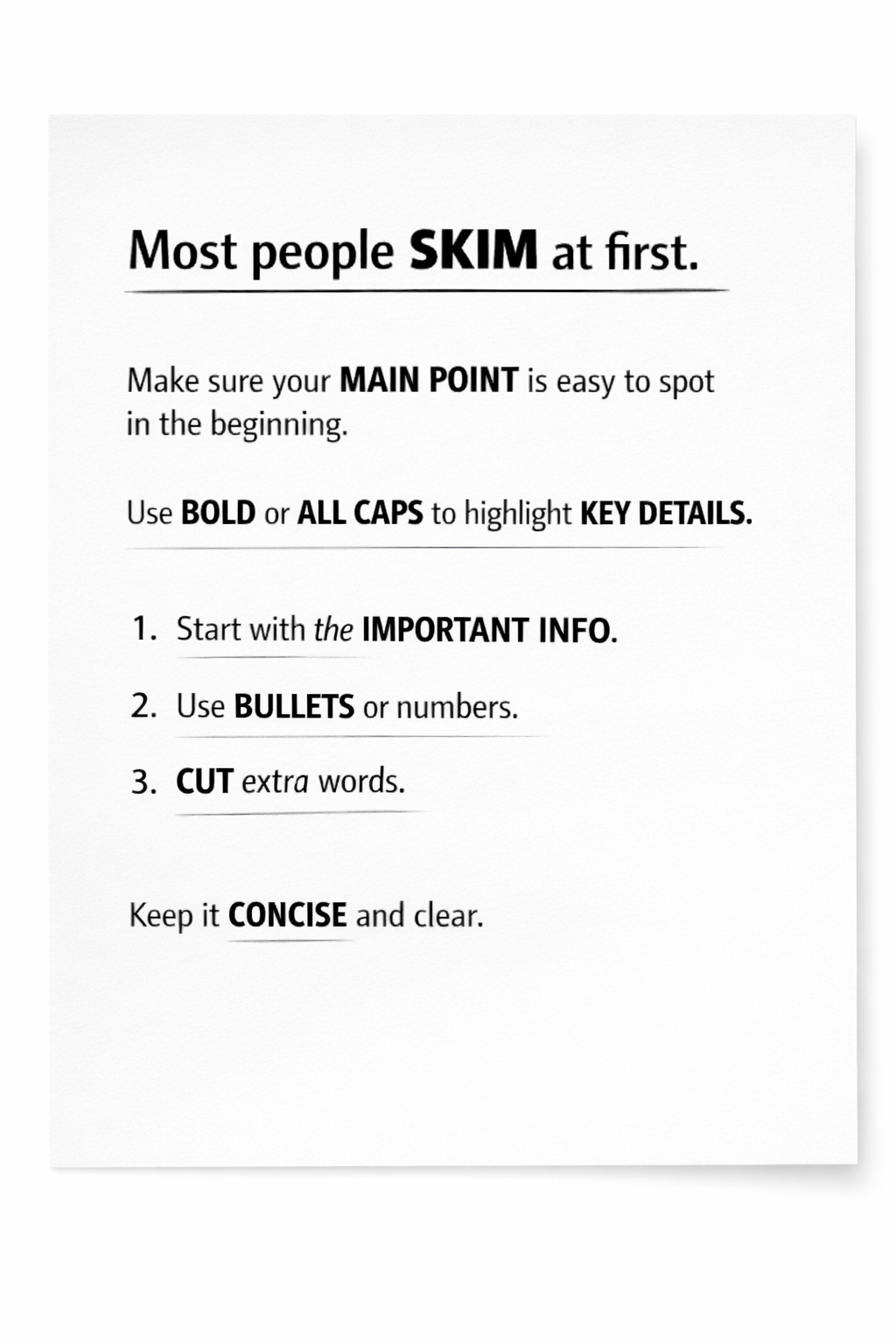Nib #11: Biden’s Botched SOTU, Part 1: Propose, Don’t Impose
Democracies run on persuasion. You can’t make people agree with you. Nor, outside the fantasy worlds of Aaron Sorkin, can liberals preen and insult conservatives into ideological surrender. Joe Biden’s speechwriters — all no doubt fans (as I am!) of The American President and The West Wing — forgot this fact when they drafted the president’s sneering, self-indulgent State of the Union Address earlier this month.
Post-SOTU polls found that it was the least well-received SOTU in a generation and won Biden no “bump” in his overall approval ratings.
Why didn’t it work?
One reason is that the speech did not even try to persuade.
Over and over, rather than propose his ideas, Biden tried to impose them, excoriating opponents of his every policy preference as cowards, villains, and threats to the republic.
Skeptics of aid to Ukraine? “Bowing down to Russia.”
Pro-lifers? “My God, what freedoms will you take away next?”
Skeptics of the president’s doomed border proposal? “Playing politics.”
Skeptics of Democrats’ hyper-partisan plan to federalize state election laws? Racist “forces taking us back in time.”
Skeptics his job-killing environmental agenda? Climate deniers.
The speech refused to even entertain the possibility that Biden’s own policies played any role in the problems America faces today. Or that anyone to his right might also want to solve them.
It was a speech written for a country that does not exist — again, except in left-wing movies and TV shows. Its overriding theme was: Agree with me or you are evil.
Except… Most Americans already disagree with Biden on lots of things.
Rather than try to win them over, the speech sought to bully and shame skeptics for their skepticism, like a religious leader threatening heretics.
This messianism is not unheard of in politics, but it does not suit Joe Biden, or serve his interests in 2024.
Both as president and as a presidential candidate this year, Biden should have tried to build up trust with the tens of millions of Americans not already in his camp.
Nor would doing so have required him to alter any of his policy positions! Simply adjusting the tone of the speech would have sufficed.
Had Biden proposed the very same agenda he instead tried to rhetorically impose, he might not have so excited online woke activists who more than anything want to demonize conservatives. But he might have won over the Trump-skeptical Republicans, undecided independents, and Reagan-Clinton Democrats he needs to win in November.
The irony is that throughout his career, those were the kinds of people Joe Biden always courted — and probably would still, if he was really running his White House. It’s Biden’s young progressive staffers, who grew up on Aaron Sorkin’s fairy tales, who botched the SOTU.
Until next week... keep writing!











